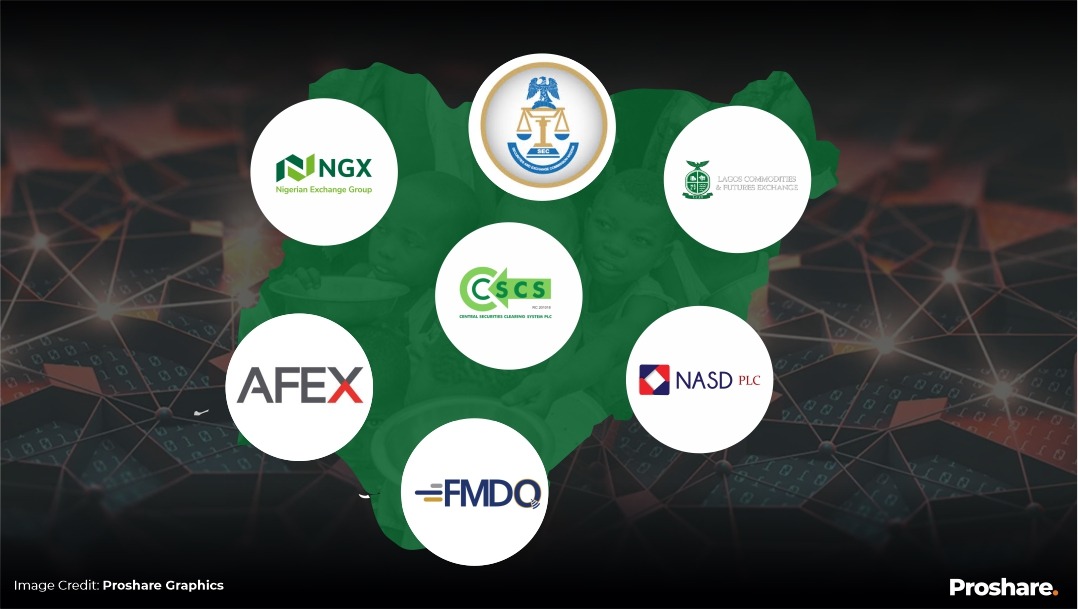
As Nigeria celebrates 25 years of uninterrupted democratic governance, financial market experts took stock of the local capital market’s evolution and growth prospects.
Despite notable achievements since 1999, including a 14.06 percent annual compound growth in market capitalisation, stakeholders believe the market has yet to fully exploit its potential for capital formation.
Historical Perspective and Milestones
Mr. Boason Omofaye, a prominent financial journalist, highlighted the vital role of the Debt Management Office (DMO) since its inception in October 2000.
He credited the DMO with revitalising the bond market, enabling the federal government to raise substantial capital through innovative instruments such as Green Bonds Sukuk and FGN Savings Bonds.
These initiatives have not only funded critical infrastructure but also bolstered Nigeria’s international sovereign ratings.
Mr. David Adonri, a seasoned stockbroker, emphasised the market’s journey from pre-1999 reforms to post-2007 recovery following the global financial crisis.
While the secondary market has rebounded robustly with advanced technology and diverse product offerings, Mr. Adonri lamented the primary market’s underperformance in recent years.
Market Dynamics and Challenges
Mr. Seyi Akinbi, an investment analyst, stressed the maturation of Nigeria’s bond market facilitated by regulatory enhancements and pension reforms. Despite this progress, he pointed out the need for broader product diversification and the introduction of derivatives to stimulate further market activity and trading volume.
Proshare’s 2024 outlook report echoed these sentiments, advocating for a capital market that not only enhances liquidity and asset classes but also contributes significantly to economic growth.
The report strained the importance of leveraging public assets effectively to boost fiscal liquidity and economic management.
Opportunities and Recommendations
Looking ahead, stakeholders envision opportunities in expanding market listings across critical sectors to deepen liquidity and investor participation. They advocate for reforms that enhance the Central Securities Clearing System (CSCS) as a robust financial infrastructure capable of settling transactions efficiently, potentially leveraging blockchain technology.
The recommendation to list government-owned entities such as Nigerian National Petroleum Company Limited (NNPCL) and shares in Electricity Distribution Companies (Discos) on the Nigerian Exchange Limited (NGX) aims to enhance transparency, improve corporate governance, and foster price discovery in the market.
While Nigeria’s capital market has made significant strides in its evolution, there remains untapped potential to become a more vibrant hub for capital formation and economic development.
Addressing challenges such as the underperformance of the primary market and enhancing regulatory frameworks will be crucial in unlocking this potential.
As the nation looks forward, sustained efforts in market deepening, broadening asset classes, and improving liquidity will be essential to realising the capital market’s role as a catalyst for sustained economic growth and prosperity for all Nigerians.
This analysis underscores the critical role of continuous reforms and strategic initiatives in positioning Nigeria’s capital market as a dynamic engine of economic transformation in the years ahead.
Discover more from Astudity Limited
Subscribe to get the latest posts sent to your email.